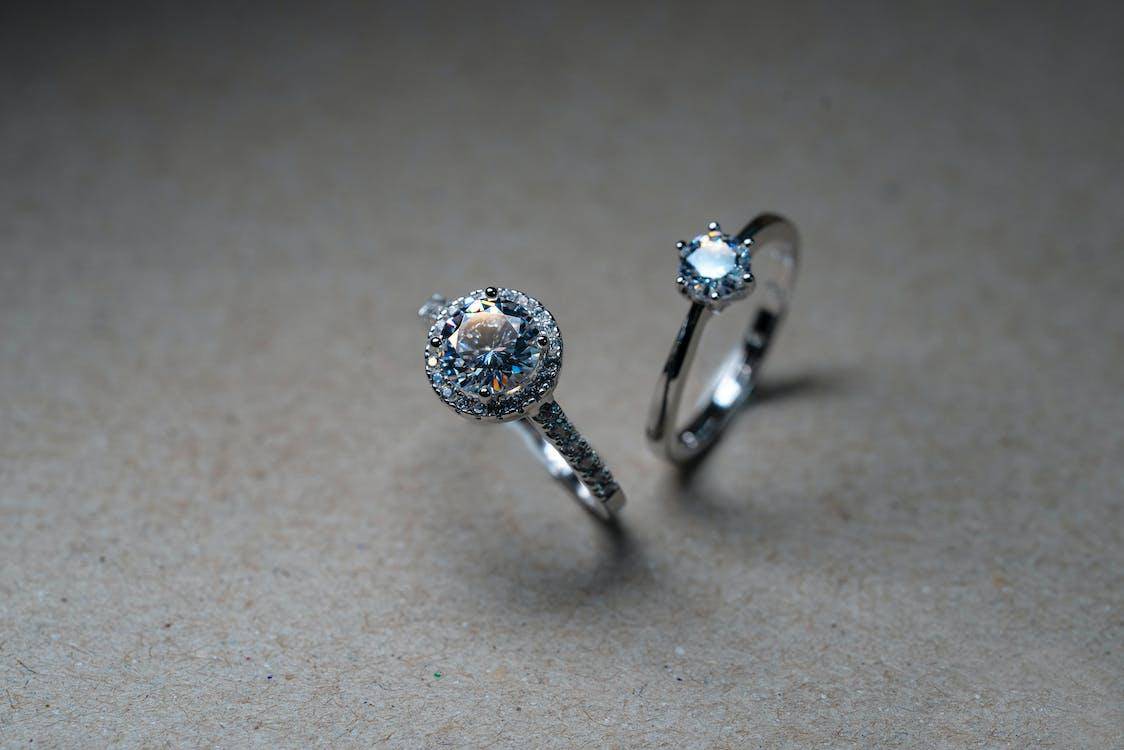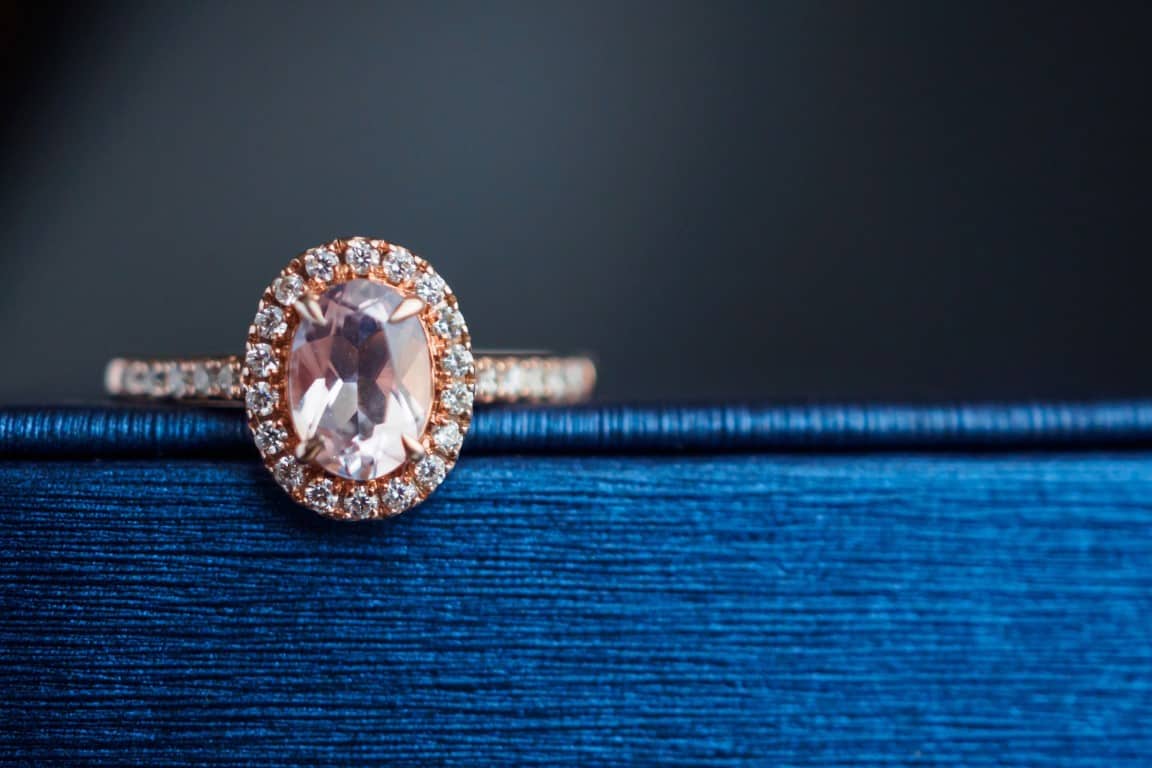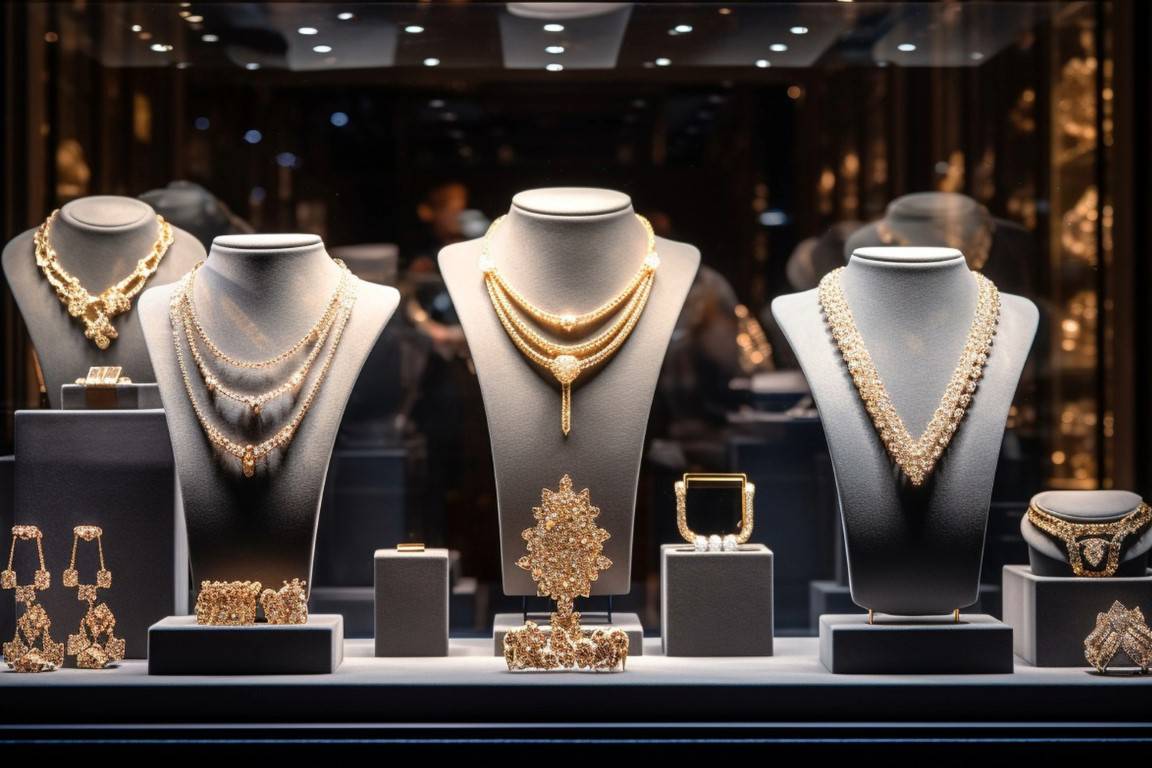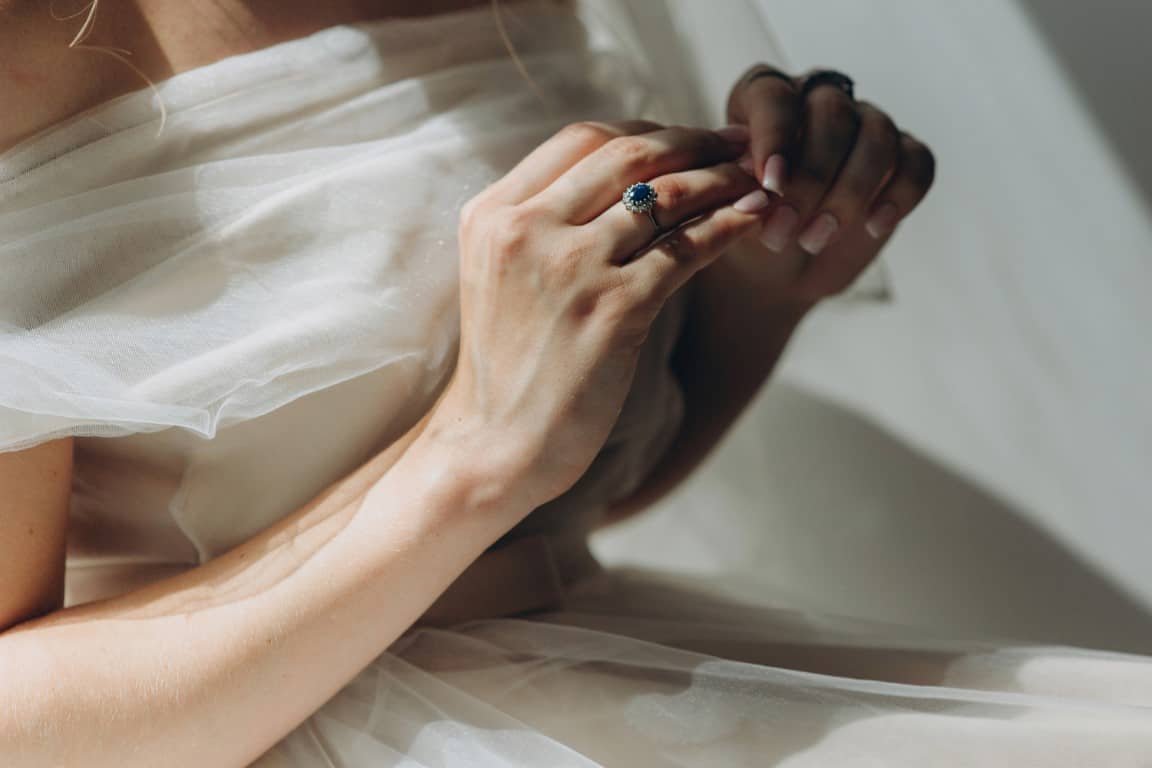The exact definition of what is considered vintage varies, but in general a vintage item is considered to be anything older than 30 years, but younger than 100 (which would make it an antique item), yet the practice of wearing engagement rings is thought to date all the way back to Ancient Rome.

If you love vintage fashion, you might have a preference for a particular era, or you might love to mix and match styles from different decades. Whatever your preference, here is our style evolution guide to vintage engagement rings for each decade, from the 1930s to the 1990s.
1930s
The economic constraints of this decade meant that simple-yet-elegant designs were as much of a style choice as a necessity. While geometric Art Deco influences were still popular, there was a growing trend for softer, rounded designs, featuring smaller solitaire diamonds accented by pretty ribbon and floral details.

1940s
As Art Deco became less popular, the trend continued for more rounded, detailed designs. Synthetic gemstones gained popularity, or solitaire and cushion-cut stones for those who could afford it. Since platinum was harder to source during this period, yellow gold tended to be used instead.
1950s
The 1950s saw a revival in luxury items and a shift towards more experimental shapes and designs, in particular lavish cocktail rings with large center stones and elaborate cuts. This included pear and solitaire engagement rings, sales of which soared following the De Beers advertising campaigns of the late 1940s.
1960s
The 1960s saw the return of Art Deco once again, as the curved designs of previous years made way for more geometric cuts reflecting the mod fashions of the day. Colored gemstones also made an appearance, although the most popular designs were classic diamond rings in pear and emerald cuts.
1970s
The age of disco tends to be associated with sparkle and shine, and the engagement rings of the 1970s had all this and more. Emerald and princess-cut diamonds (introduced during the late 1960s) became more sought-after during this time, while jewelers also began to personalize rings, with matching bride and groom rings becoming more popular.
1980s
After decades of white gemstones being used in engagement rings, colored gems made an appearance once more, with Lady Diana Spencer’s oval-cut blue sapphire engagement ring inspiring many brides to opt for rubies, emeralds and other brightly-hued gemstones. Gold became the most popular setting for extravagant finishing details such as tapers, side stones and baguettes.
1990s
After the excess of the 1980s came 1990s minimalism (as seen in the work of fashion designers such as Calvin Klein and DKNY). Engagement rings of this era were similarly low-key: cool-toned metals such as platinum or white gold were used to create simple settings featuring rounded solitaire or marquis-cut diamonds.
Decades of Style
Different styles of engagement ring have come in and out of vogue over the years, but arguably one of the best things about vintage fashion is how the styles of yesteryear give modern brides so many options to choose from.
One of the best things about vintage fashion is that you can choose from a wide variety of different styles to suit your own personal preferences. Whether you prefer a simple, more “timeless” design or something a little more bold and playful, the choice is yours.
